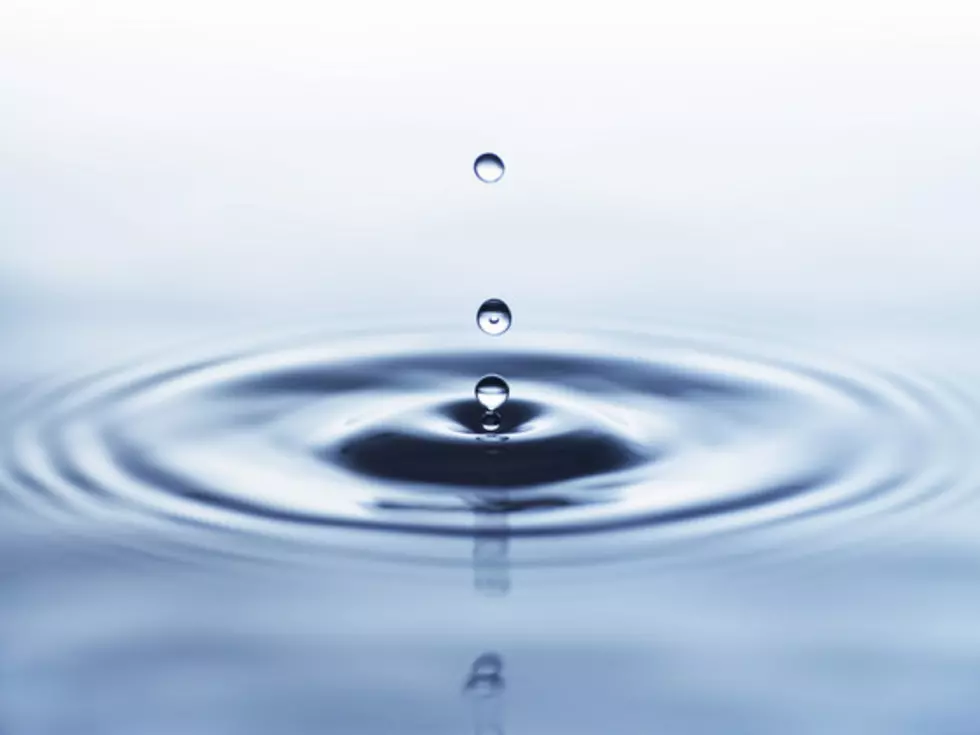
The cost of water in NJ could double in 10 years
But when it comes to the cost of taking a shower or flushing a toilet, most people have no idea whatsoever.
According to new study from Rutgers University, that could soon be changing.
Richard Michelfelder, a clinical associate professor of finance at Rutgers Camden, said water rates will soon begin to rise significantly where you live — if they have not done so already — because water systems all over Jersey are being upgraded and modernized.
“The water and wastewater infrastructure has been severely under-invested in for many years and infrastructure has to be upgraded or service will start to decline," Michelfelder said.
He said water utilities have taken a “what we have is working right now” approach to avoid rate increases, but with many water systems aging, action is needed — and that will increase the cost of water.
Michelfelder said presently your water bill is probably about half of what your electric bill is, but “water bills are going to be equal to electricity bills within a 10 year period or less.”
Right now, according to New Jersey American Water, the approximate average monthly bill for a water customer using 6,000 gallons of water a month — typical for a family — is $56.34.
According to Electricity Local, an organization that provides electricity rates and usage information for every state in America, the average monthly residential electric bill in New Jersey is $109.
Michelfelder said we hear plenty about the need to conserve electricity, however “you don’t see much about water, but water is going to catch up soon — and I’ll suggest that when water is around the same size as your electric bill, everybody is going to stand up and notice.”
He suggested to hold the line on the cost of water people will need to begin to pay more attention to water conservation.
“If you take out the multiple-gallon shower head and put in a low-flow shower head, people can start saving water now," Michelfelder said.
Michelfelder is recommending water utilities begin to educate consumers now about the rising cost of water, and how to conserve water to avoid even higher bills in the coming years.
More from WOBM News:
More From Beach Radio








